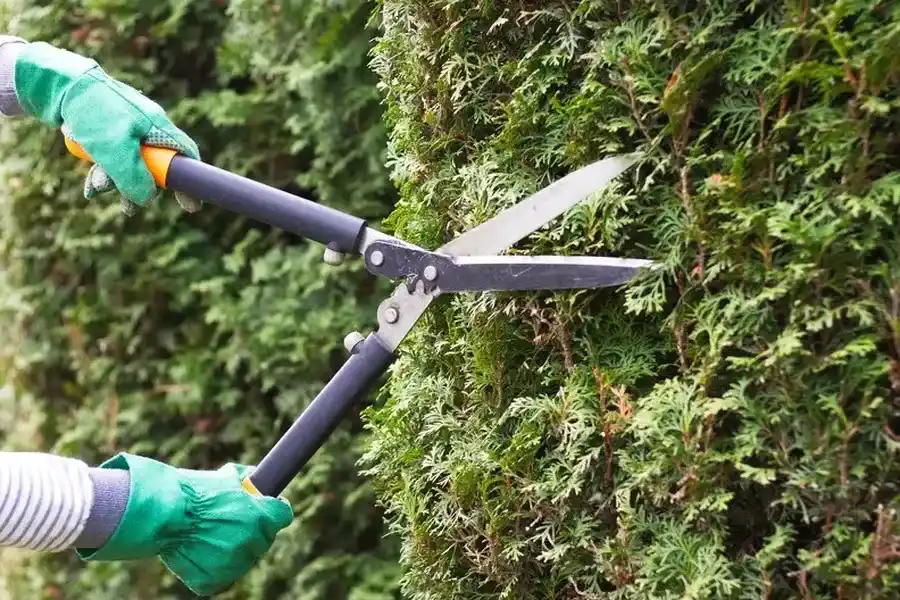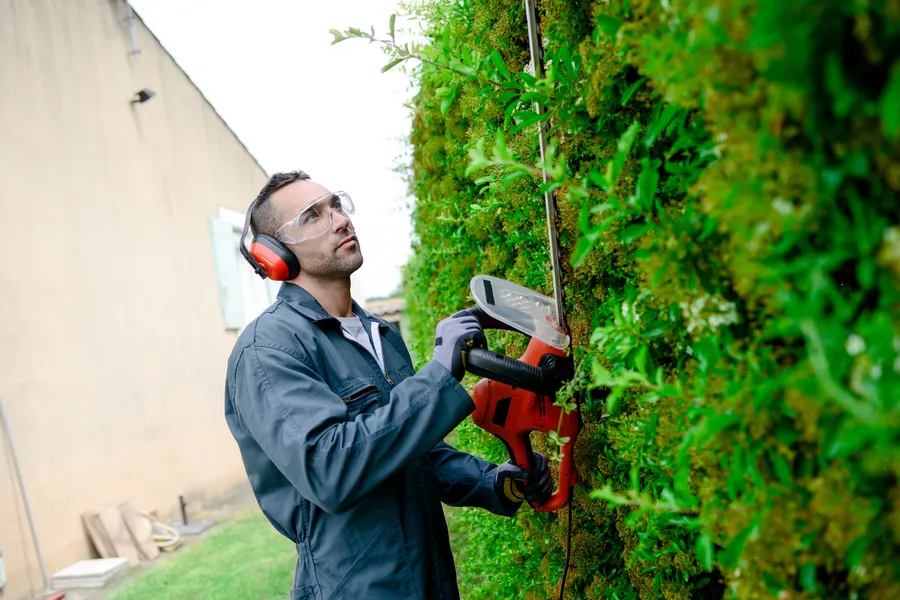Common Bush Trimming Mistakes and How to Avoid Them
Avoiding Common Errors for Healthier Plants
Bush trimming is essential for maintaining the health and beauty of your garden. When done correctly, it encourages growth and keeps shrubs looking neat. However, many people make common mistakes that can harm their plants instead of helping them. Understanding these pitfalls can save time and effort while ensuring your garden thrives. This guide will explore frequent bush trimming errors and provide practical tips on how to avoid them.

Lack of Proper Tools
Using the wrong tools is one of the most common mistakes in bush trimming. It might seem convenient to use a pair of household scissors, but they are not designed for this task. Gardening shears or pruning saws are more appropriate as they are specifically made for cutting branches cleanly. The right tools ensure precision and reduce damage to the plants.
Improper Cutting Techniques
Another frequent issue with bush trimming is improper cutting techniques. Many gardeners cut too close to the bud, which can stunt growth. It’s crucial to leave a small portion of the stem to protect the bud from drying out. Also, making diagonal cuts helps water runoff, preventing rot.

Ignoring Seasonal Timing
The timing of bush trimming greatly influences plant health. Trimming at the wrong time can lead to poor flowering and growth. For instance, some bushes flower on old wood, so they should be pruned after blooming. Understanding your plant’s growth cycle is vital for deciding the best time to trim.
Over-Trimming
Excessive trimming can shock plants and hinder their growth. While it might be tempting to give your bushes a drastic haircut for an immediate tidy look, removing too much foliage reduces the plant’s ability to photosynthesize. Aim to remove only about a third of the plant at any given time.
Failing to Sanitize Tools
Dirty tools can spread disease between plants during bush trimming. Always sanitize shears before moving from one plant to another. Using rubbing alcohol or a bleach solution can effectively kill pathogens that cause plant diseases.
Lack of Post-Trimming Care
Neglecting post-trimming care is another mistake gardeners often make. After pruning, ensure that you water the plants adequately and consider adding mulch around the base. These steps help retain moisture and support recovery from stress caused by trimming.
- Use proper gardening tools like shears or pruning saws
- Make diagonal cuts and keep stems slightly longer
- Time trimming according to the plant’s blooming cycle
- Avoid over-pruning; limit removal to one-third of foliage
- Sanitize tools between different plants
- Provide post-trim care such as watering and mulching
Perfect Pruning Through Expert Advice
Embracing best practices will improve your bush trimming skills over time. By educating yourself about proper techniques, you can ensure healthier and more attractive bushes in your garden. Each type of plant may have specific needs, so seek advice tailored to your particular variety. Consulting local gardening experts or referencing specific guides can also offer valuable insights into perfecting your approach.
Your Partner in Professional Gardening Services
If you’re unsure about your bush trimming technique or need assistance, professional services offer expertise and convenience. They have the right tools and experience to handle any situation, ensuring your garden remains in peak condition without worry. Often, investing in professional help saves time and potential plant loss due to incorrect methods.
Reach Out for Expert Gardening Solutions Today!
For those needing professional assistance in Hendersonville, NC, our team is here to help with all your gardening needs. At PBC Lawn Services, we specialize in maintaining beautiful landscapes through expert care techniques. Contact us at (828) 467-7684 for comprehensive services that enhance the vitality and appearance of your outdoor spaces.